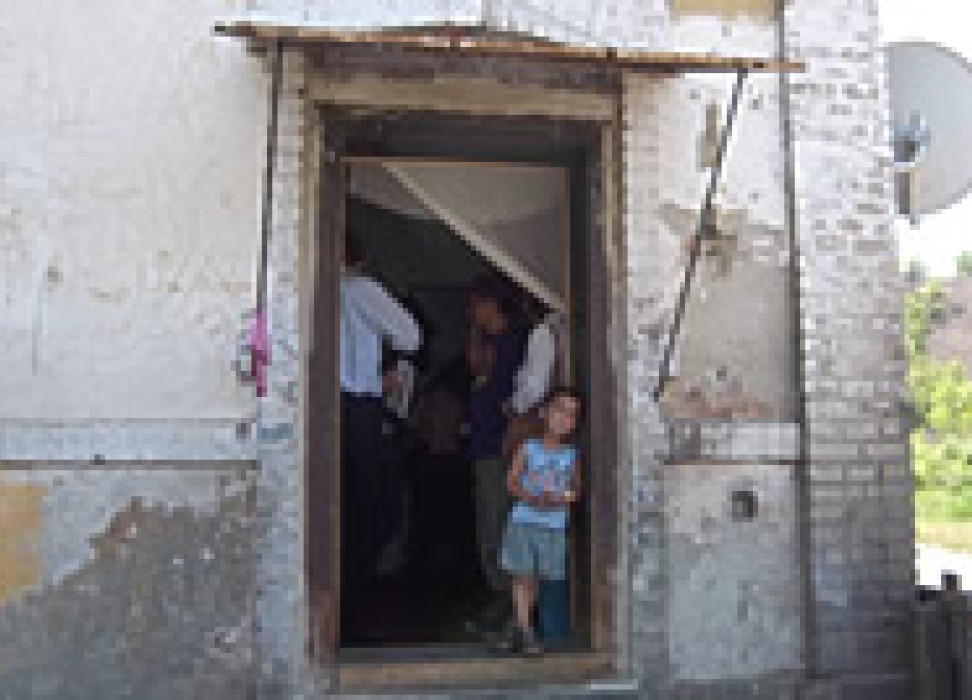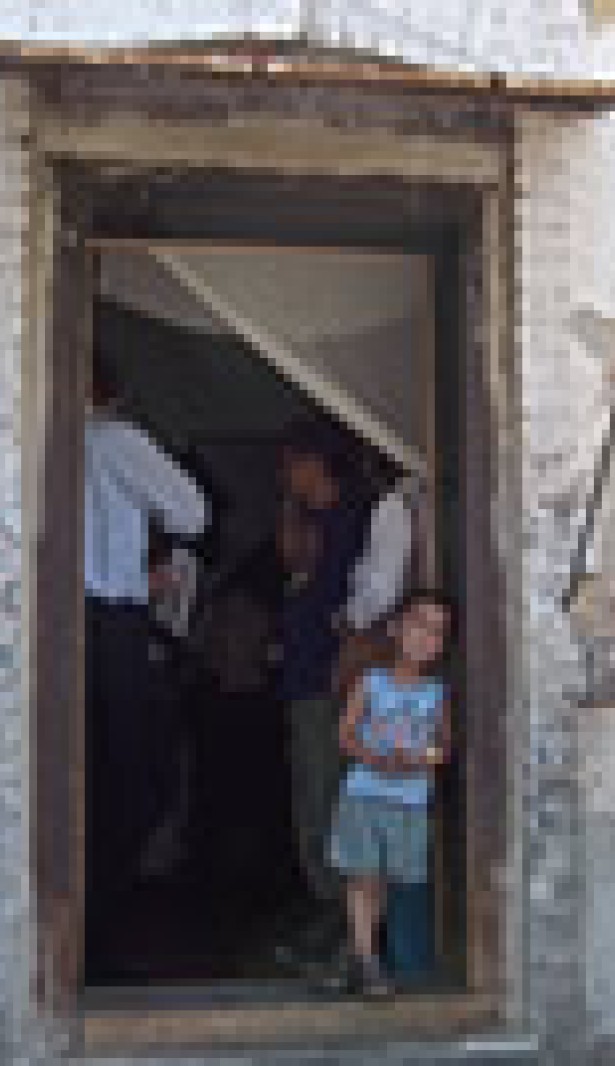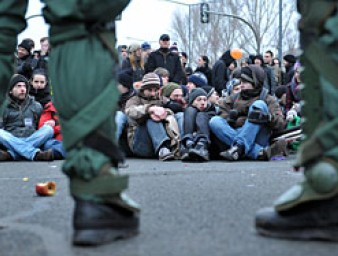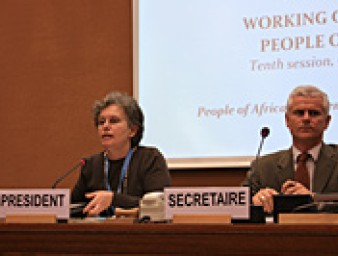Better protection against discrimination for Roma and victims of caste systems
14 June 2011

“Racial discrimination affects individuals in all societies and regions of the world,” says the Special Rapporteur on racism, Githu Muigai. “While the manifestations of racism may vary in nature and degree depending on the historical, geographical and cultural context, all individuals, regardless of their race, colour, descent or national or ethnic origin, should be offered robust and effective protection against discrimination.”
Muigai presented his latest report, which centres on the discrimination in various areas endured by Roma people, particularly in Europe and on the worldwide victims of discrimination on the grounds of work and descent, to the Human Rights Council in Geneva.
While acknowledging the positive developments towards better protection and promotion of the rights of the Roma, at the regional and national levels, Muigai’s report reveals persistent deep-rooted problems of racism and racial discrimination which need urgent response.
“The widespread discrimination Roma face feeds their marginalization and social exclusion in a vicious manner. For the most vulnerable, the situation can even be worse,” the Rapporteur notes. “This is the case, in particular, for Roma children, Roma women who suffer multiple forms of discrimination, and Roma migrants who face double discrimination as Roma and non-citizens.”
Unemployment rates in Roma communities continue to be high and those employed are offered short-term or low skill jobs. This situation is aggravated by their lack of qualifications which itself is a consequence of the discrimination they face in the education system. Nomadic communities among Roma people are also subjected to forced evictions from ‘camp sites’ because of strict regulations, or lack thereof, which endanger their traditional lifestyle. Discrimination in health services and reports of forced sterilization of Roma women have arisen in some countries.
Roma people are still widely excluded from the public and political life of many countries. Access to justice is hampered for Roma people who are also vulnerable to the rise of extremism in Europe. Racist violence by private and public actors, including the police, is also of concern.
For Muigai, it is essential that States develop a comprehensive approach based on stronger legal, political and institutional measures that would take into account the structural dimension of discrimination endured by the Roma. They should consider the interrelation between the racism and racial discrimination Roma people suffer and their socio-economic marginalization and political exclusion. Furthermore, he notes, States should pay due attention to the situation of the most vulnerable.
In the second part of his report, the Special Rapporteur warns that the rights of an estimated 250 million people across the globe are at risk because of their work and descent, being subjected to discrimination in relation to their caste or other social systems based on inherited status.
The most commonly known form of discrimination based on inherited status is the centuries-old condition of ‘untouchability’, which restricts employment opportunities and treats those belonging to lower castes as outcasts of the societies in which they live. Women and girls belonging to these communities are most vulnerable to sexual slavery, trafficking and infanticide. Few, Muigai adds, can hope to change their inherited status.
“The legal framework on discrimination based on descent is unambiguous but is not properly implemented. The vital first step is for States to recognize that discrimination on the grounds of descent constitutes a form of racial discrimination prohibited by the Convention on the Elimination of all Forms of Racial Discrimination,” the Special Rapporteur notes.
Muigai adds that the population itself, including in lower caste communities, is also responsible for perpetuating discrimination. “Despite Government efforts to eradicate this type of discrimination through constitutional guarantees, legislation and affirmative action programmes, caste -based discrimination remains deplorably widespread and deeply rooted. Victims face structural discrimination, locking them in a persistent and vicious cycle of poverty and marginalization.”
He recommends that legal measures be taken hand-in-hand with awareness-raising of the judiciary, the police and civil service to effectively bring justice and remedies to victims of multiple forms of discrimination.
14 June 2011

VIEW THIS PAGE IN:



